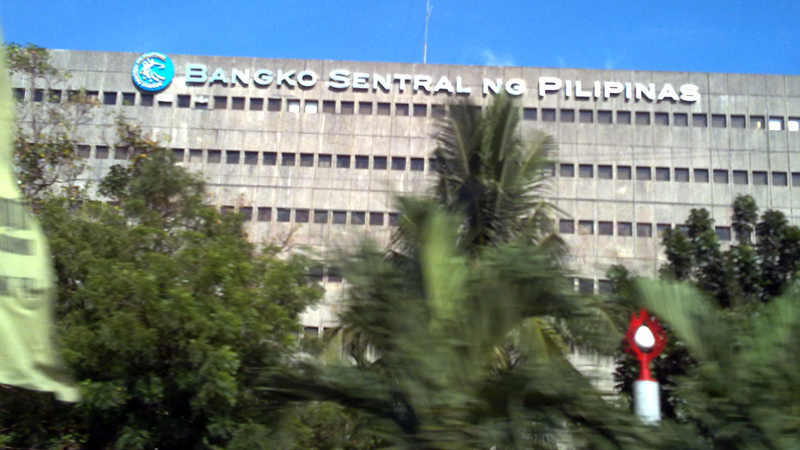Investors’ anticipation of sustained strong economic growth in the first quarter attracted a net inflow of foreign portfolio investment or hot money worth $51.49 million in April, the Bangko Sentral ng Pilipinas (BSP) said.
Last April, the $1.32 billion in portfolio investment inflows exceeded the $1.269-billion outflows, reversing the net outflows posted during the two preceding months as well as a year ago, the latest BSP data showed.
The hot money inflows that month were up 3.6 percent year-on-year but down 3.9 percent month-on-month. April outflows dropped both from a year ago and a month ago by 22.1 percent and 30.8 percent, respectively.
“This development may be attributed to investor reaction to the World Bank’s view that the Philippines will continue to be a top performer in the region, coupled with positive sentiment in anticipation of the country’s strong gross domestic product (GDP) number for the first quarter of 2017,” the BSP explained in a statement.
In April, the World Bank kept its 2017 GDP growth forecast for the Philippines of 6.9 percent to match last year’s stellar performance, citing that “the government’s commitment to further increasing public infrastructure investment is expected to sustain the country’s growth momentum through 2018 and reinforce business and consumer confidence.”
But on Thursday, the government reported that GDP growth eased to 6.4 percent in the first quarter, the slowest expansion since the 6.3 percent posted in the fourth quarter of 2015.
Socioeconomic Planning Secretary Ernesto M. Pernia blamed the lower-than-expected first-quarter growth rate to slower government spending, higher prices of consumer goods as well as the lack of a boost from election-related expenditures unlike the previous year.
READ: Economic expansion slowed in Q1
Pernia, nonetheless, pointed out that the Philippines remained among the fastest-growing among emerging Asian economies during the first three months, just behind China’s 6.9-percent expansion.
Last month, “about 67.8 percent of investments registered in April went to Philippine Stock Exchange-listed securities (pertaining to mainly holding firms, banks, property companies, food, beverage and tobacco firms, and telecommunication companies); 32 percent to peso government securities; and the 0.2-percent balance to other peso debt instruments,” the BSP said.
“Transactions in peso government securities and other peso debt instruments yielded net inflows ($82 million and $3 million, respectively), while those for PSE-listed securities resulted in net outflows of $33 million” during the month, the BSP added.
The top five sources of foreign portfolio investments in April were Hong Kong, Malaysia, Singapore, the United Kingdom and the US, accounting for over four-fifths of the total. The US remained the top destination of hot money outflows, cornering more than three-fourths of remittances that month, according to the BSP.
At the end of the first four months, however, portfolio investments recorded a net outflow of $516.04 million, as the end-April outflows of $5.339 billion were more than the $4.823-billion inflows, BSP data showed.
The four-month net outflow was a reversal of the $56.26-million net inflow during the same period last year.
The BSP attributed the end-April net outflow to “international developments such as the United States’ air strike against Syria and the increase in US interest rates.”
Based on the latest BSP data as of May 5, the $5.721 billion in hot money outflows outpaced the $5.076-billion inflows, resulting in a net outflow of $644.3 million.
During the week of May 1-5, a $128.26-million net outflow was registered as the $382.23 million in outflows were higher than the inflows of $253.97 million.
For 2017, the BSP had projected portfolio investment to yield a net outflow of $900 million by yearend.
Foreign portfolio investments are in the form of placements in publicly listed shares, government and private sector IOUs, and deposit certificates.
Portfolio investments are considered short-term bets—hence the nickname hot money—because these placements may be pulled out quickly.
